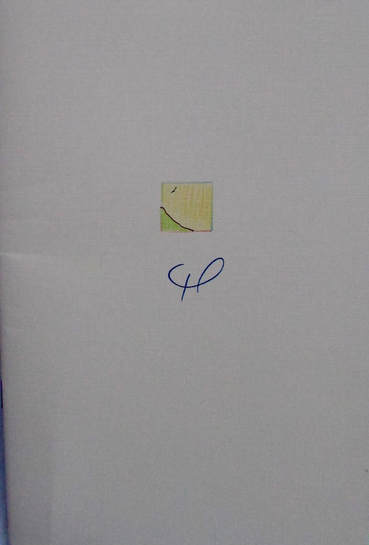|
|
Gravelly Bay, located on Denman Island, B.C., is the final of two departure terminals for the ferries that connect Hornby Island to Vancouver Island. In Gravelly Bay, the chapbook, Cornelia Hoogland’s 13 cinematic and still-life moments give readers space to consider the traveller in motion in relation to a world in motion. Gravelly Bay was short-listed for the prestigious CBC Literary awards.
From where you stand at Gravelly Bay – a ferry terminal on Denman Island – you can see your destination – Hornby – and watch the ferry shuttle back and forth across the Lambert channel between the two islands. It’s a powerful thing, to be able to see your home one mile away but be prevented from completing your journey according to B.C. Ferries schedules and wait-time. Gravelly Bay concerns itself with the wait – in these poems you never board the ferry. I began to consider different ways of looking at, and being in, a penultimate place; a territory similar to Wallace Steven’s “13 Ways of Looking at a Blackbird.” I wanted Gravelly Bay’s gift of time and place to be meaningful, and encouraged the complex of movements of my life to settle onto the rich and moving images of the bay and life at the terminal. The effect felt sometimes like video, at other times painterly and still, but always with a sense of collage, in which comparable pattern or colour of disparate images met (clashed, contrasted, compared), and in some lucky instances achieved the compression I aim for in my writing. In poem VIII, Stevens writes, “the blackbird is involved/In what I know.” Similarly, crow is involved in what I know. Everywhere on British Columbia’s Gulf Islands, the communities of crows and ravens are vivid. Being in their presence and hearing their strong talk always gives me a welcome shift in perspective. Also involved in what I know is the boat- or ferryman with his mythological resonances; the I-Ching, that ancient Chinese classic text thought to pre-date recorded history, and the choreographies of Gravelly Bay. I gave these images to the narrator of my poems and relinquished my overarching purposes when I saw him give the work of conveying, of carrying, to the place itself. |
